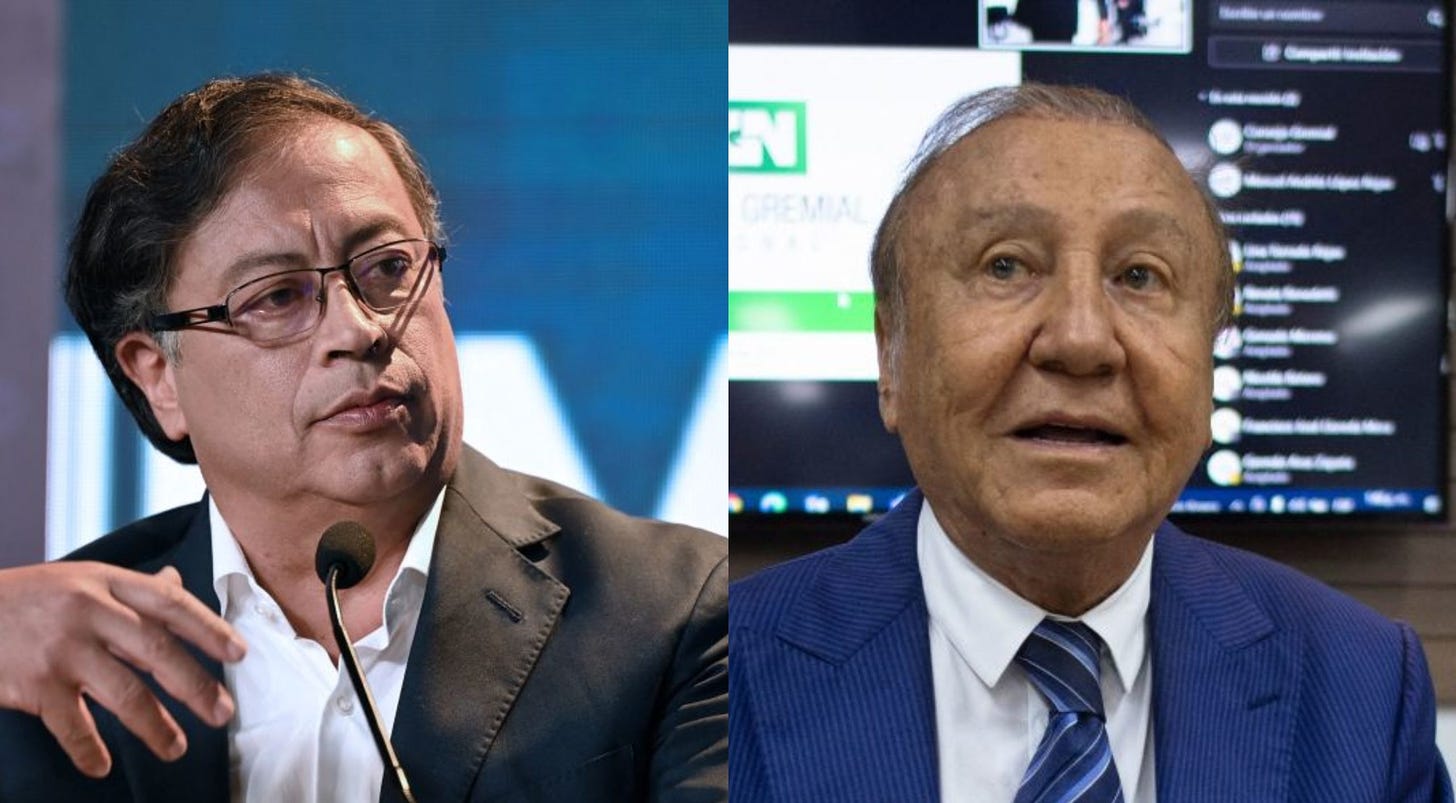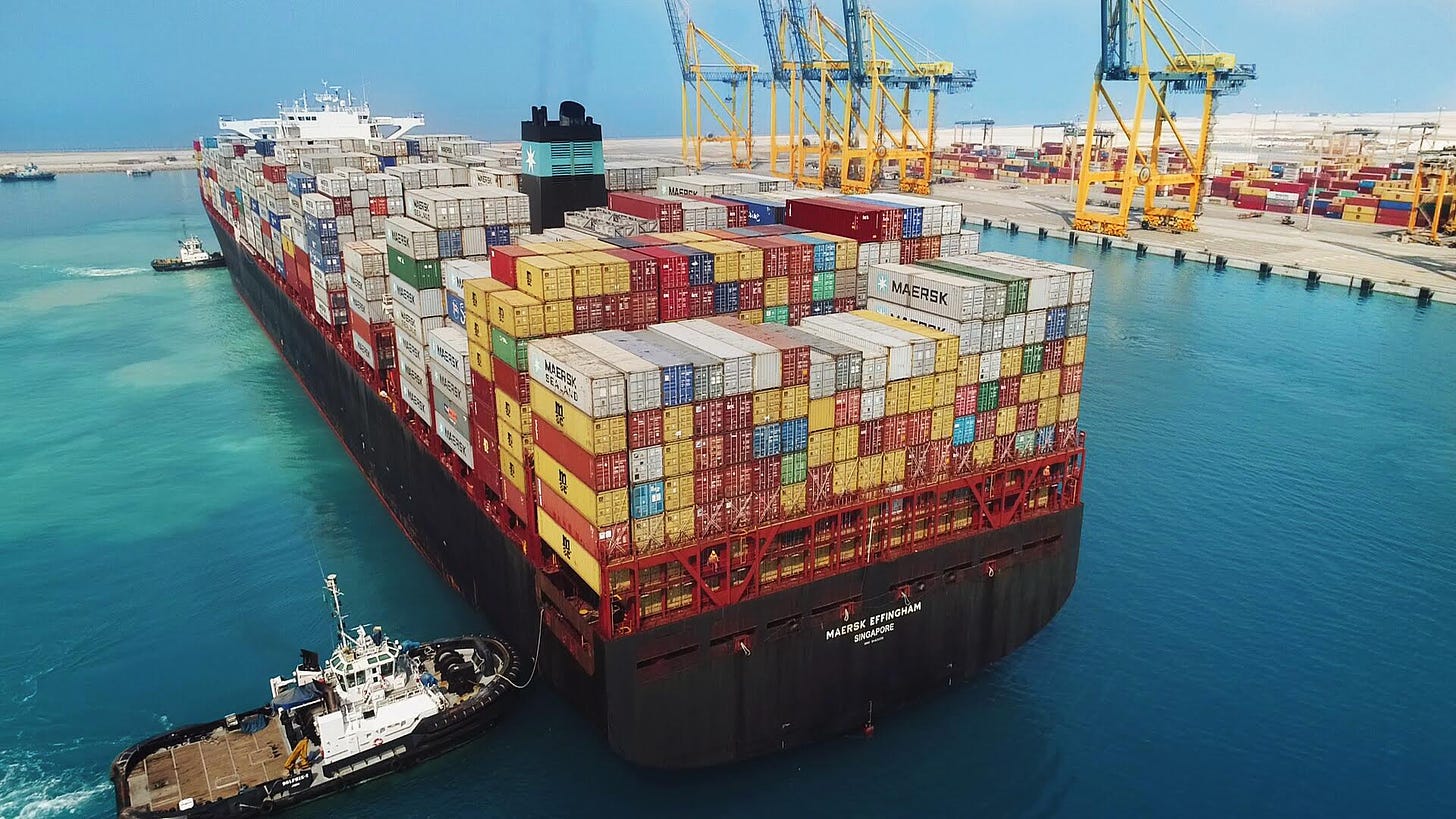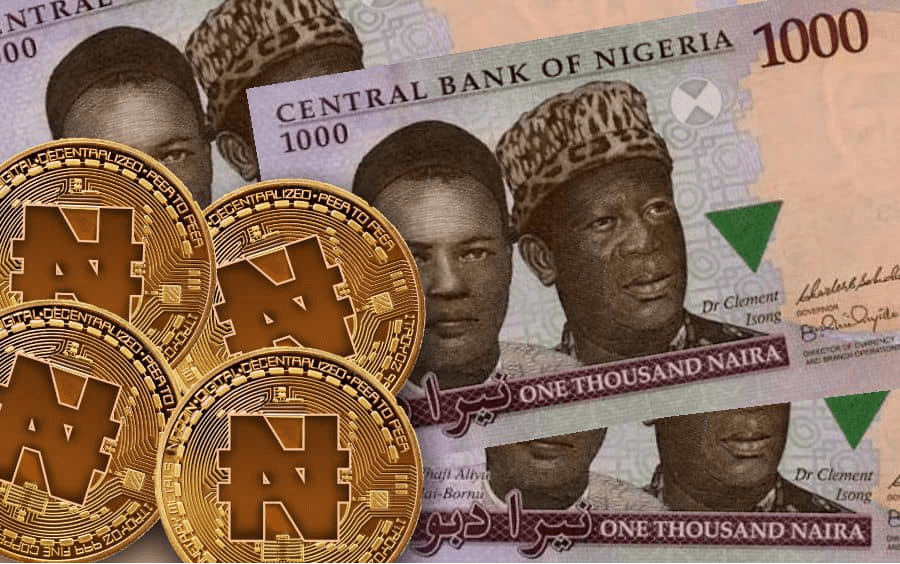Emerging Markets Monitor - May 30
Colombia's Election Showdown Takes Shape, EM Bonds Hit Hard, Middle East Tops Most Efficient Port Rankings, Dollar Strength Eases, Nigeria's Bull Run
The Top 5 Stories Shaping Emerging Markets from Global Media - May 26-30
Colombian Populist Business Leader vs. Leftist Former Guerilla in Prez Election
Bloomberg
“A construction magnate who was little known at the start of the year surged into Colombia’s presidential runoff with a real chance at winning as voters coalesce against his leftist rival.”
“Rodolfo Hernandez took 28% of the vote to 40% for Gustavo Petro, a former mayor of Bogota and onetime guerrilla, the electoral authority said late Sunday. Hernandez beat out Federico Gutierrez, the main conservative candidate, who had 24% backing.”
“The result sets up a June 19 contest between Hernandez, a populist whose policies are largely a blank slate, and a frontrunner in Petro who would phase out the oil and coal industries, effectively ripping up the economic model at a time when Colombia is enjoying a bonanza from high energy prices.”
“‘Investors are mainly worried about the chance of a Petro victory, so they’ll view positively any scenario in which he doesn’t win,’ said Andres Pardo, chief Latin America macro strategist at XP Investments in New York. ‘But the truth is that with Rodolfo Hernandez, there’s a huge question mark.’”
“Markets are closed on Monday for a public holiday, but Colombian assets are likely to rally at the open on Tuesday, according to Pardo and Daniel Velandia of Credicorp Capital. That’s because third-placed Gutierrez and many of his key supporters have already endorsed Hernandez.”
“Hernandez, Gutierrez and a candidate of the political center, Sergio Fajardo, took about 12 million votes between them compared to 8.5 million for Petro, potentially giving the businessman the upper hand in the runoff.” Bloomberg reports.
Emerging Market Bonds Hit by Worst Sell-Off in Decades
Financial Times
“Emerging market bonds are suffering their worst losses in almost three decades, hit by rising global interest rates, slowing growth and the war in Ukraine.”
“The benchmark index of dollar-denominated EM sovereign bonds, the JPMorgan EMBI Global Diversified, has delivered total returns of around minus 15 per cent so far in 2022, its worst start to the year since 1994.”
“…Nearly $36bn has flowed out of emerging market mutual and exchange traded bond funds since the start of the year, according to data from EPFR; equity market flows have also gone into reverse since the start of this month. ‘It’s certainly the worst start I can remember across the asset class and I’ve been doing EMs for more than 25 years,’ said Brett Diment, head of global emerging market debt at Abrdn.”
“…Chinese assets have received large so-called passive inflows over the past two years, he noted, following the country’s inclusion in global indices which meant that fund managers attempting to mirror their benchmarks automatically bought Chinese stocks and bonds. This year, however, such flows had gone into reverse, with more than $13bn leaving Chinese bonds in March and April and more than $5bn leaving Chinese equities, according to IIF data. ‘We are pencilling in negative outflows from China for the remainder of this year,’ Fortun said. ‘This is a very big deal.’”
”…Bonds issued by Hungary, which is close to the war and relies on Russian energy imports, have lost 18 per cent in the year to date. Those of Brazil, a big exporter of industrial and food commodities, are up 16 per cent in dollar terms. Diment said valuations of EM debt “arguably look pretty attractive now” and that Abrdn has seen net inflows so far this year into its EM debt funds.” Jonathan Wheatley reports.
Where are the World’s Most Efficient Ports? The Middle East, Mostly
Saudi Arabia’s King Abdullah Port ranks number one in the world
Maritime Executive
“The pressures placed on the global supply chain due to the pandemic shined a light on the challenges for ports and the emerging issues to increase operating efficiency to address the growing volumes. The second edition of the global Container Port Performance Index (CPPI) developed by the World Bank and S&P Global Market Intelligence seeks to identify the gaps and opportunities for improvement that will ultimately benefit all stakeholders in the shipping industry and beyond. The results released today highlight the emergence of new high-efficiency ports, especially in the Middle East, while older and larger container ports ranked among the least productive.”
“Saudi Arabia’s King Abdullah Port tops the ranking in 2021, with regional competitors Port Salalah in Oman, Hamad Port in Qatar, and Khalifa Port in Abu Dhabi rounding out the top five. Three of the large Chinese gateways, Shanghai (Yangshan), Ningbo, and the southern port of Guangzhou, also feature in the top 10, despite the challenges they faced in 2021 primarily due to COVID-related restrictions.”
“Highlighting the impact of the supply chain crisis on the efficiency and competitiveness of ports, two of the U.S busiest ports, Los Angeles and Long Beach, ranked as the most inefficient globally coming in the last place in the ranking of 370 global ports.” Maritime Executive reports.
Dollar Drifts Toward Monthly Loss as Fed Bets Ease
CNBC
“The dollar nursed last week’s losses on Monday and was headed for its first monthly drop in five months as investors have scaled back bets that rising U.S. rates will spur further gains and as fears of a global recession have receded a little.”
“The week ahead is full of data that could provide clues on the outlook for global growth, U.S. interest rates and the dollar with Chinese Purchasing Managers’ Index figures, U.S. jobs numbers and growth data in resource bellwether Australia.”
“Trade was likely to be lightened through Monday as U.S. stock and bond markets close for the Memorial Day public holiday. Early in the Asia session the dollar was a fraction weaker on the euro at $1.0728, just above a five-week low, having dropped about 1.5% on the common currency last week.”
“…Most analysts are wary of calling an outright end to the recent dollar strength. But positive U.S. consumer data and the easing lockdowns in China is helping kindle hopes about global growth, which tends to support exporters’ currencies at the dollar’s expense.” CNBC reports.
Nigeria Stocks Sizzle. How Long Will it Last?
African Business
“A surge sustained for the better part of this year has seen the all-share index of the Nigerian Exchange gain more than 20%. Yet, that is only part of the story given the runaway performance of companies such as Learn Africa (formerly Longman), which made a return of 271% in one year, and Guinness Nigeria, which gained 248%. They were supported by other impressive performances by companies in sectors as varied as energy, commodities, telecoms and publishing.”
“Perhaps the biggest lift to the market this year came from telecoms giant MTN Nigeria, which went from N160 to as much as N270 per share over a 52-week period, with a one-year return of more than 60%. The company had announced a share sale in December, which concluded in February with 661.25m shares sold to retail investors and institutional investors. It was the first public offer in Nigeria executed digitally, and since its conclusion, the market capitalisation of MTN Nigeria has soared to number one, beyond the combined value of all banks and insurance companies in the country.”
“In the same telecoms industry, Airtel Africa, the second-biggest operator after MTN, has seen its share price more than double over 52 weeks from N601 to as much as N1,608, giving a 96.8% return to its investors.”
“Equity valuations in Nigeria have been relatively cheap since foreign investors fled the market ahead of the 2019 elections. Since 2003, investors typically returned to the market after the elections were settled to give the market a significant post-election bounce. However, investors wary of President Muhammadu Buhari’s capital control measures and lack of will for market reforms in his first term failed to return, denying the market the traditional post-election surge of investors in 2019.”
“The question many market watchers are now trying to decipher is how long the bull run will last. Will investors keep faith with the market all through the year, given that another general election is due early next year, with political risks and uncertainties bound to be heightened?” Dulue Mbachu reports.
The Top Ten Most Efficient Container Ports
As noted in today’s round-up, the World Bank and S&P just issued a report outlining the world’s most efficient container ports. Here’s the Top Ten list from the report. Strikingly, all of the top ten most efficient ports are in the Middle East or Asia.
King Abdullah Port (Saudi Arabia)
Salalah Port (Oman)
Hamad Port (Qatar)
Yangshan (China)
Khalifa Port (UAE, Abu Dhabi)
Tanger-Med (Morocco)
Ningbo (China)
Jeddah Port (Saudi Arabia)
Guangzhou (China)
Yokohama (Japan)
“Everything you've ever wanted is on the other side of fear.” ― George Addair





